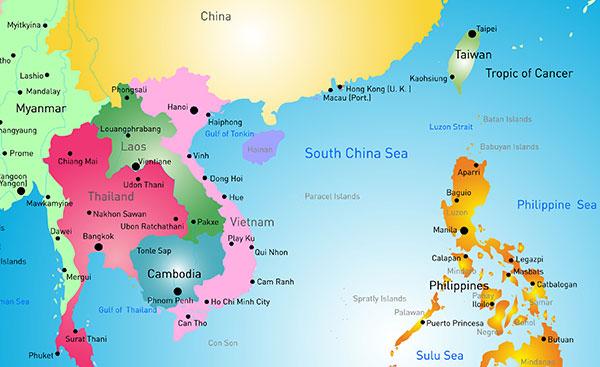Challenges to Freedom of the Seas and Maritime Rivalry in Asia
Other publication
European Parliament, Sub-Committee on Security and Defence
China’s New Maritime Silk Road policy poses geostrategic challenges and offers some opportunities for the US and its allies in Asia-Pacific. To offset China’s westward focus, the US seeks to create a global alliance strategy with the aim to maintain a balance of power in Eurasia, to avoid a strong Russia-China or China-EU partnership fostered on economic cooperation. For the EU, the ‘One Belt, One Road’ (OBOR) initiative by improving infrastructure may contribute to economic development in neighbouring countries and in Africa but present also risks in terms of unfair economic competition and increased Chinese domination. Furthermore, China’s behaviour in the South China Sea and rebuff of the ruling of the Permanent Court of Arbitration, in July 2016, put the United Nations Convention on the Law of the Sea (UNCLOS) at risk with possible consequences to freedom of the seas. Increasing relations with China could also affect EU-US relations at a time of China-US tension. To face these challenges, a stronger EU, taking more responsibility in Defence and Security, including inside NATO, is needed.
[...]
To read this version, please download the file below.

Challenges to Freedom of the Seas and Maritime Rivalry in Asia
Study
European Parliament, Sub-Committee on Security and Defence